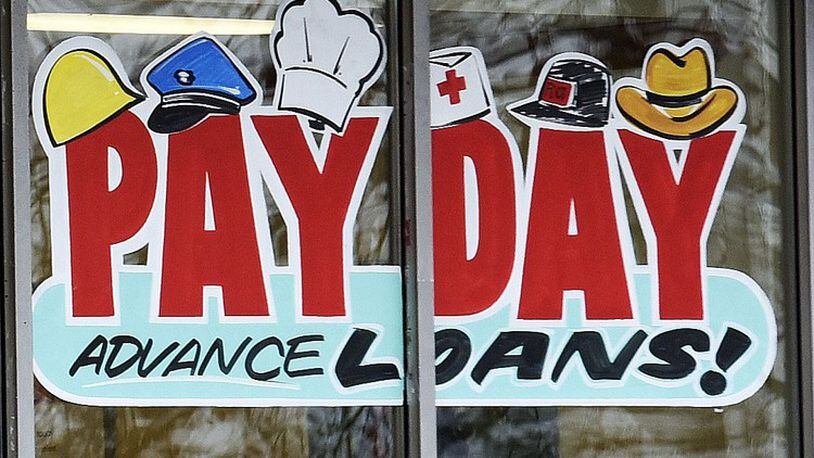The U.S. Department of Justice issued a subpoena to the Ohio House for public records, text messages and other correspondence related to the letter, according to the documents.
The subpoena was issued Aug. 27 and asked that the records be delivered to the federal grand jury by Sept. 12. The House turned over more than 520 pages. The existence of the subpoena has not been publicly disclosed before.
Related: Search warrant shows road map of investigation against former Ohio House speaker Cliff Rosenberger
It is another development in a federal investigation that led to the resignation of then Ohio House Speaker Cliff Rosenberger in April and an FBI raid on Rosenberger’s house and storage unit in May. No charges have been filed, and Rosenberger, R-Clarksville, has maintained that his actions as speaker were lawful and ethical.
Antani and industry lobbyist Jeff Jacobson, a former Dayton-area lawmaker, collaborated on a letter Antani sent May 9 to the Ohio Consumer Lending Association, according to documents provided under the subpoena. The letter asked the trade group to respond in writing to allegations that lenders wanted to stall reforms to Ohio’s payday lending rules spelled out in Ohio House Bill 123.
Antani and Jacobson then worked together to draft OCLA’s written response, which was sent back to Antani on May 15, records indicate.
Related: Dayton payday lender could lose big if reform bill passes
The letters gave Antani documents from which he could read during debates on the bill. The letters also criticized Rosenberger’s handling of the legislation.
Earlier this year and again this week, Antani, who voted against the bill, said he worked with lending industry representatives to make the case that some lenders wanted to kill off House Bill 123 while others supported reasonable reforms to payday loans in Ohio.
“I think everyone understands that there were people getting caught in the system of payday lending and that they needed help, but also that these companies provided access to critical capital for people whose car breaks down, have a medical emergency, etc,” Antani said Monday. “The OCLA and their members were trying to get a compromise on the bill so that they could still survive.”
Related: Payday lender made 3 international trips with ex-Ohio House speaker
He added: “I’m happy (federal investigators) are continuing to look into Cliff Rosenberger.”
House Bill 123 was signed into law and took effect this fall. Among other things the bill limits the length and amount on payday loans, restricts interest and fees, and prohibits harassing collection phone calls.
About the Author
